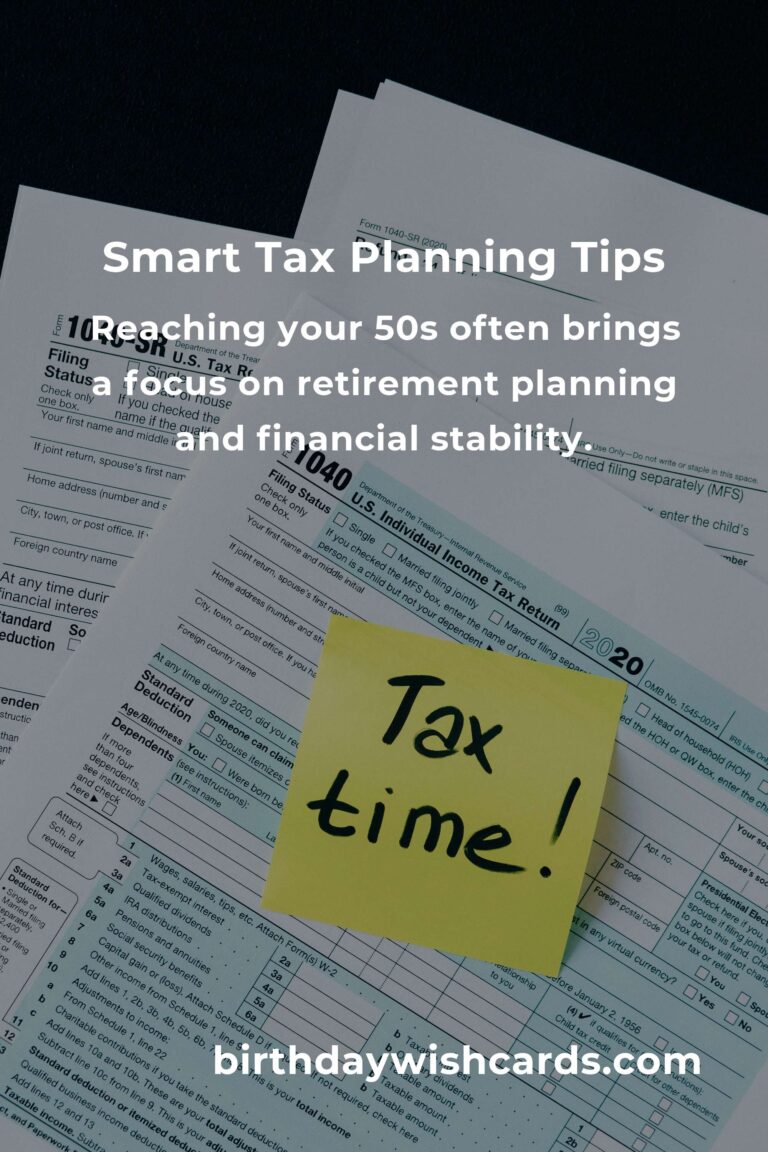
Reaching your 50s often brings a focus on retirement planning and financial stability. However, it’s also a critical time to reassess your tax strategy to ensure you are maximizing your savings and minimizing unnecessary liabilities. Here, we discuss some common tax savings mistakes to avoid to ensure a secure financial future.
Not Maximizing Retirement Account Contributions
As you approach retirement, it’s crucial to take full advantage of tax-advantaged retirement accounts such as 401(k)s and IRAs. Many people in their 50s fail to maximize their contributions, missing out on potential tax savings and the benefits of compound interest.
The IRS allows higher contribution limits for individuals aged 50 and over. This catch-up contribution can significantly boost your retirement savings and reduce your taxable income.
Ignoring Health Savings Accounts (HSAs)
Health Savings Accounts (HSAs) are a powerful tool for individuals in their 50s to save on taxes and prepare for medical expenses in retirement. Contributions to an HSA are tax-deductible, and withdrawals for qualified medical expenses are tax-free.
Many individuals overlook the benefits of HSAs, not realizing that they can also invest the funds for growth over time. If you are eligible, consider maximizing your HSA contributions each year.
Overlooking Tax Diversification
Having all your retirement savings in traditional tax-deferred accounts can lead to significant tax burdens in retirement. Tax diversification involves spreading your assets across different types of accounts including Roth IRAs and taxable brokerage accounts.
This strategy allows for more flexibility in managing your tax liability during retirement by choosing which accounts to draw from based on your tax situation each year.
Failing to Plan for Required Minimum Distributions (RMDs)
Once you reach the age of 72, you must start taking Required Minimum Distributions (RMDs) from your tax-deferred retirement accounts. Failing to plan for RMDs can result in unexpected tax bills and penalties.
It is important to calculate your RMDs in advance and consider their impact on your tax bracket. Working with a financial advisor can help you develop a withdrawal strategy that minimizes your tax liability.
Neglecting Estate Planning
Estate planning is often overlooked but is an essential part of comprehensive tax planning. Without a proper estate plan, your heirs could face significant tax liabilities.
Utilizing strategies like gifting, trusts, and charitable donations can help reduce the estate tax burden. Consulting with an estate planning attorney can ensure your assets are protected and your wishes are honored.
Conclusion
Being in your 50s is an opportune time to reassess and optimize your tax strategy. By avoiding these common mistakes and implementing effective tax-saving strategies, you can enhance your financial security and enjoy a more comfortable retirement. Consider consulting with a financial advisor to tailor a plan that suits your needs and goals.
Reaching your 50s often brings a focus on retirement planning and financial stability.
It’s crucial to take full advantage of tax-advantaged retirement accounts such as 401(k)s and IRAs.
Health Savings Accounts (HSAs) offer significant tax benefits and can be invested for growth.
Tax diversification allows for more flexibility in managing your tax liability during retirement.
Failing to plan for Required Minimum Distributions (RMDs) can result in unexpected tax bills and penalties.
Estate planning is an essential part of comprehensive tax planning to reduce the estate tax burden.
#TaxSavings #RetirementPlanning #FinancialSecurity













